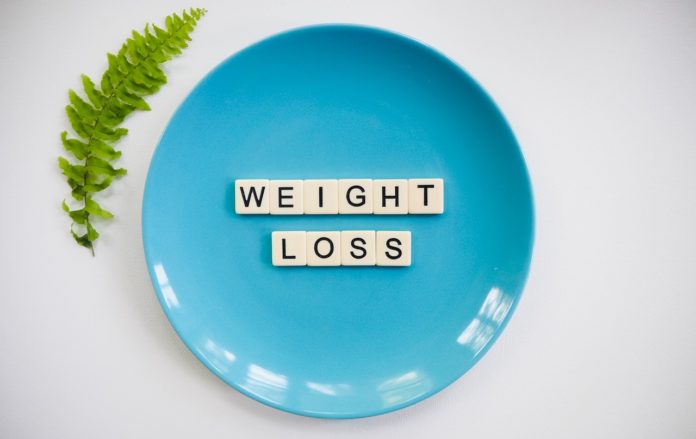We’ve all heard of the “freshman 15” — a colloquial term for the weight gain that many new college students experience when living on their own for the first time with access to delicious (and abundant) on-campus dining options.
But now many of us — students and working adults alike — may be faced with a new weight gain: the “COVID 15”. Yes it’s true, a study published this spring found that among study participants following shelter-in-place guidelines, adults gained an average of a half-pound every 10 days, or nearly two pounds each month. Yikes!
So if you’re one of the millions of Americans looking to lose weight this summer, before you spend money on a program, a subscription, a coach, a fast, a meal plan or a 21-day anything, wait! You don’t need to pay for a program (that probably won’t work anyway). You need a diet journal.
What is a diet journal? It’s a daily record of everything you eat (and drink, if it has calories). Much like checking your bank account to see how much money you have versus how much money you spend, diet journaling can help you budget your food choices to better reach your goals. In fact, research has shown that people who keep diet journals lose twice as much weight as people who don’t and are far more successful at maintaining weight loss over the long term.
So how does it work? You could go the old school route and keep a handwritten journal, or you could go the 21st century route and use a no-cost app such as My Fitness Pal. In either case, the important thing is to be thorough and to journal contemporaneously. Don’t just record “cereal” for breakfast. Instead, record “1 cup of Frosted Flakes with 1 cup 2% milk.” Don’t say “salad;” instead say “2 cups spinach with 4 ounces of chicken, 1/2 cup cheddar cheese, and 2 tablespoons ranch dressing.” Like saving money or paying bills, the details matter.
When you start your diet journal, first make no changes. In Wellness, we refer to this as “gathering data.” For three to five days, record your normal diet. Don’t go “on a diet.” Don’t start eating kale and salmon smoothies (ewww). Just record how you normally eat. Then look at it. What do you notice? Do you consume enough veggies? Eat a lot of snacks? Love a sweet treat after every meal? What patterns do you notice: Do you eat more in the evenings, skip breakfast or drink a bunch of beer on the weekends?
Once you have analyzed your data, start logging with intention. Identify some areas where you can improve: Eat more veggies, protein and whole grains. Eat less fast food, processed carbs and convenience items. Use your diet journal just like your checking account to save, budget and reach your goals.
When it comes to weight loss, programs rarely work, at least not in the long run (and who cares about losing weight in 30 days if you’re heavier in 60?). What does work is modifying your diet in ways that you can maintain.
Much like saving money for a trip, retirement or an expensive pair of shoes, you want to make small adjustments to your lifestyle, so you can reach your goal but not go broke. Dieting is the same way. Small changes + long time = big success.
If you’d like help with weight loss or diet journaling, Wellness is here to help. Email me to get started with a Wellness coaching program.









